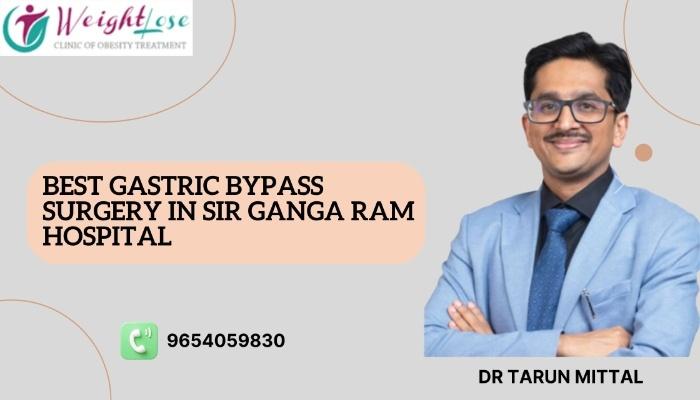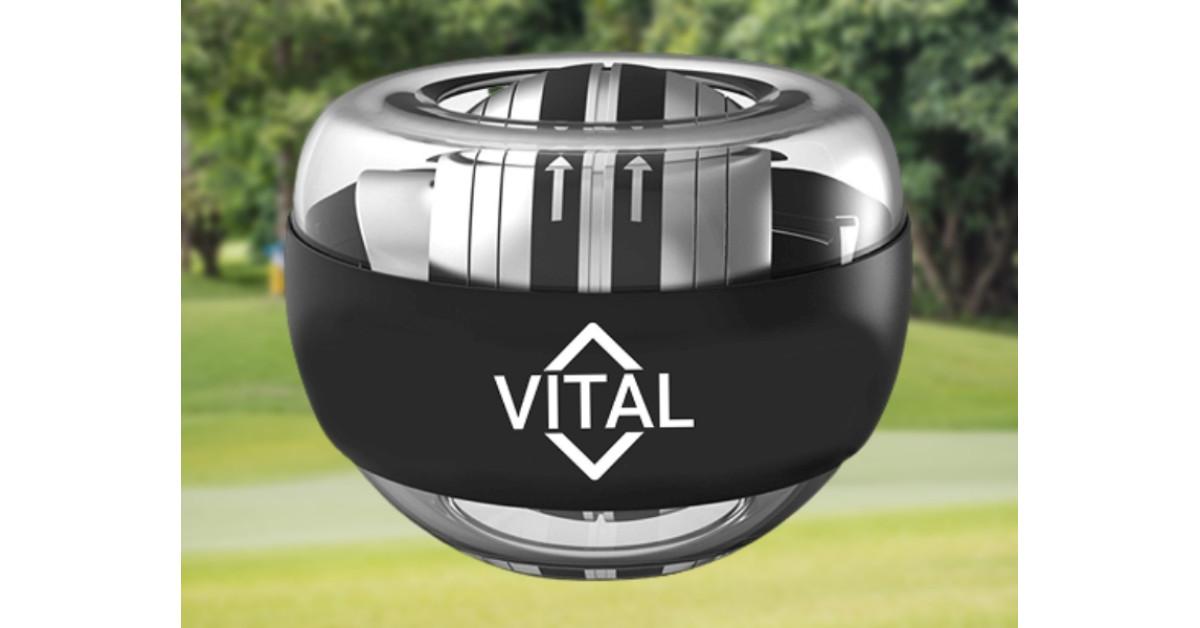Gastric Bypass vs Other Bariatric Surgeries: Which Works Best?

Obesity, metabolic syndrome, and related comorbidities (diabetes, hypertension, sleep apnea, fatty liver, etc.) have become highly prevalent in India and worldwide. When conservative methods like diet, exercise, lifestyle changes, and pharmacotherapy are insufficient, bariatric surgery often emerges as a life-changing option. Among bariatric procedures, gastric bypass surgery (especially the Roux-en-Y gastric bypass) has a long-standing track record of durable weight loss and metabolic improvements.
Suppose you are considering bariatric surgery in Delhi. In that case, the phrase “Best Gastric Bypass Surgery in Sir Ganga Ram Hospital” often comes up, primarily associated with Dr. Tarun Mittal, a senior consultant in laparoscopic, obesity, and metabolic surgery.
Benefits of Gastric Bypass
When successful and well-managed, gastric bypass offers:
-
Substantial and sustained weight loss (often 60–70% of excess body weight over 2–3 years).
-
Remission or improvement of type 2 diabetes (often rapid, sometimes before much weight loss).
-
Improvement in hypertension, dyslipidemia, obstructive sleep apnea, fatty liver, and other comorbidities.
-
Enhanced quality of life, mobility, reduced joint pain, and increased life expectancy.
-
Favorable long-term results in many studies (10-year or even 15-year follow-ups show durable weight loss).
However, benefits are predicated on good surgical technique, proper patient selection, and rigorous postoperative follow-up.
Comparison with Other Bariatric Procedures
1. Gastric Bypass (Roux-en-Y Gastric Bypass – RYGB)
-
Restriction: Yes
-
Malabsorption: Moderate
-
Advantages:
-
Produces good and sustained weight loss
-
Offers strong metabolic benefits
-
Long-standing, time-tested procedure
-
-
Disadvantages:
-
Risk of nutritional deficiencies
-
Technically more complex surgery
-
2. Sleeve Gastrectomy
-
Restriction: Yes
-
Malabsorption: None (minimal)
-
Advantages:
-
Simpler and less invasive procedure
-
Lower surgical risk
-
Provides effective weight loss in many patients
-
-
Disadvantages:
-
Less powerful metabolic impact compared to gastric bypass
-
Some chances of weight regain over time
-
Does not bypass the intestine, so absorption remains unchanged
-
3. Adjustable Gastric Band
-
Restriction: Yes
-
Malabsorption: None
-
Advantages:
-
Adjustable and reversible procedure
-
No intestinal bypass involved
-
-
Disadvantages:
-
Produces lower overall weight loss
-
Higher rate of reoperation or revision
-
Has become less popular in recent years
-
4. Biliopancreatic Diversion / Duodenal Switch (BPD/DS)
-
Restriction: Yes
-
Malabsorption: Marked (significant)
-
Advantages:
-
Results in very high weight loss
-
Offers excellent metabolic improvement, especially for diabetes
-
-
Disadvantages:
-
Higher surgical risk
-
Technically complex operation
-
Greater chance of nutritional and vitamin deficiencies
-
5. Mini Gastric Bypass / Single-Anastomosis Procedures
-
Restriction: Yes
-
Malabsorption: Moderate
-
Advantages:
-
Simpler variant of traditional gastric bypass
-
Provides good weight loss and metabolic outcomes
-
-
Disadvantages:
-
Risk of bile reflux
-
Long-term results and safety data are still being evaluated
-
Risks in Depth & How Dr Tarun Mittal Mitigates Them
Because gastric bypass is a major operation, understanding how risks are mitigated is essential. Below are common risks and strategies to reduce them:
Leak at Anastomosis
-
One of the most feared complications (gastric pouch to jejunum).
-
Mitigation: intraoperative leak tests, adequate blood supply, meticulous suturing, use of reinforced stapling, and prophylactic drains.
-
Early detection (tachycardia, fever, abdominal pain) leads to prompt management (drainage, reoperation).
Bleeding / Hemorrhage
-
It can occur intraoperatively or postoperatively.
-
Mitigation: careful hemostasis, coagulation profile checks, blood availability, vigilant monitoring.
-
If needed, re-exploration.
Thrombosis / Pulmonary Embolism
-
Obese patients are higher risk for DVT/PE.
-
Mitigation: DVT prophylaxis (LMWH), early mobilization, compression devices, hydration.
Internal Hernia / Bowel Obstruction
-
When mesenteric defects are left open, loops of bowel may herniate.
-
Mitigation: surgeons often close mesenteric defects (Petersen’s, jejunal mesenteric defects), careful surgical technique.
-
Patients advised on symptoms (pain, obstruction signs) so early evaluation.
Ulcers & Marginal Ulcers
-
Especially at gastrojejunostomy.
-
Risk factors: smoking, NSAIDs, H. pylori, acid exposure.
-
Mitigation: PPI therapy, avoidance of irritants, and regular endoscopic surveillance if symptomatic.
Nutritional Deficiencies & Anemia
-
As already discussed, lifelong supplementation and periodic checks are standard.
-
Close follow-up helps catch deficiencies early.
Dumping Syndrome
-
Rapid gastric emptying leads to vasomotor and GI symptoms after sugar ingestion.
-
Mitigation: patient education, diet modifications (small, frequent meals, avoid simple sugars, eat protein first).
Hypoglycemia (Postprandial)
-
Some patients may experience late dumping–induced hypoglycemia.
-
Management: diet changes (smaller, low-carb meals), sometimes medication or referral.
Weight Regain or Insufficient Loss
-
Multi-factorial: behavioral, hormonal, surgical technique, dietary lapses.
-
Mitigation: close follow-up, behavioral therapy, and revisional procedures if necessary.
Dr Tarun Mittal’s approach, working within the SGRH system, is likely to follow strict protocols to reduce these risks. His experience helps identify and manage complications.
Conclusion
Gastric bypass surgery remains one of the most powerful tools in the fight against obesity and metabolic disease. While the procedure is not without risk, with proper patient selection, excellent surgical technique, strong institutional support, and long-term follow-up, the benefits can be life-changing.
In Delhi NCR, many patients and physicians regard Dr. Tarun Mittal as a leading bariatric surgeon, especially for the Best Gastric Bypass Surgery in Sir Ganga Ram Hospital. His credentials, experience, patient-centric approach, and affiliation with a high-quality institution like SGRH make him a strong choice for patients seeking gastric bypass.








